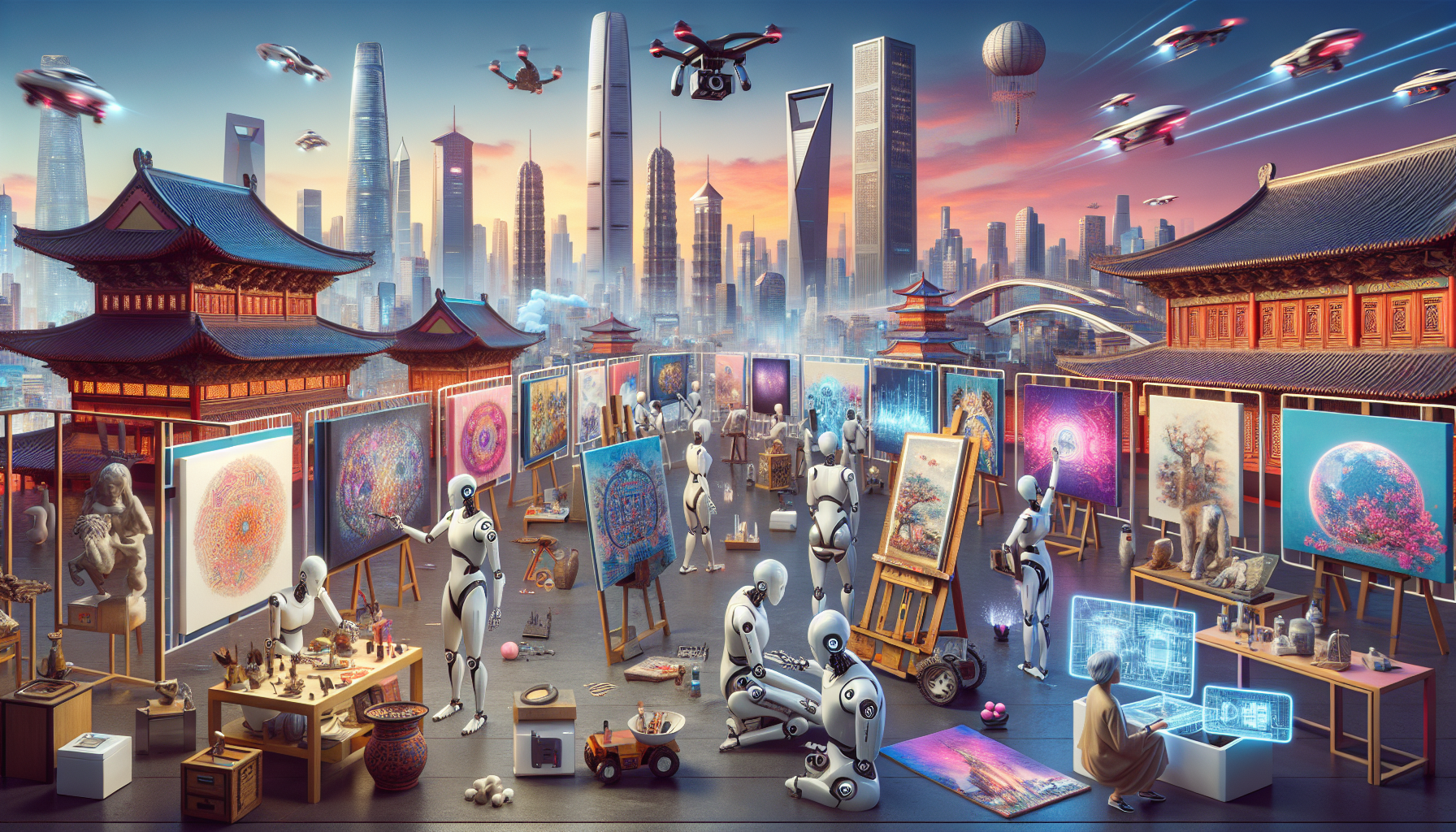Key Takeaways
- Creative automation specs show promise while media buying automation faces business obstacles
- Publishers resist pricing transparency and buyers avoid overhead for small transactions
- AI agents may reinforce intermediary roles rather than eliminate them
Why It Matters
The Ad Context Protocol represents the latest attempt to automate advertising's messy middle, but industry veteran Ari Paparo's analysis suggests we might be solving the wrong problems with fancy technology. While the creative automation specs could genuinely streamline the tedious process of matching ad formats to platform requirements, the media buying component faces the same fundamental issues that have plagued programmatic direct for over a decade. It's like trying to fix a broken relationship with better texting apps—the technology isn't the real problem.
The protocol's backers, including heavy hitters like Scope3 and Yahoo, seem convinced that AI agents can overcome the trust and transparency issues that have historically prevented buyers and sellers from playing nicely together. But Paparo's skepticism rings true: publishers don't want to expose their rate cards, buyers don't want to deal with small-scale overhead, and everyone's incentives remain fundamentally misaligned. Adding AI to this mix might just create more sophisticated ways to maintain the status quo while burning through that $1.1 billion in agentic AI investment that McKinsey reported.
The timing couldn't be more interesting, with Microsoft pulling the plug on its Invest platform and Google celebrating 25 years of ad evolution. The industry clearly recognizes that something needs to change, but whether AdCP represents genuine progress or just another layer of complexity remains to be seen. The real test won't be whether the protocol works technically—it probably will—but whether it can overcome the deeply entrenched business dynamics that have resisted automation for years. As Paparo notes, the value will likely flow to the same large players and intermediaries that already dominate programmatic advertising, which sounds suspiciously like every other revolutionary ad tech innovation of the past decade.



